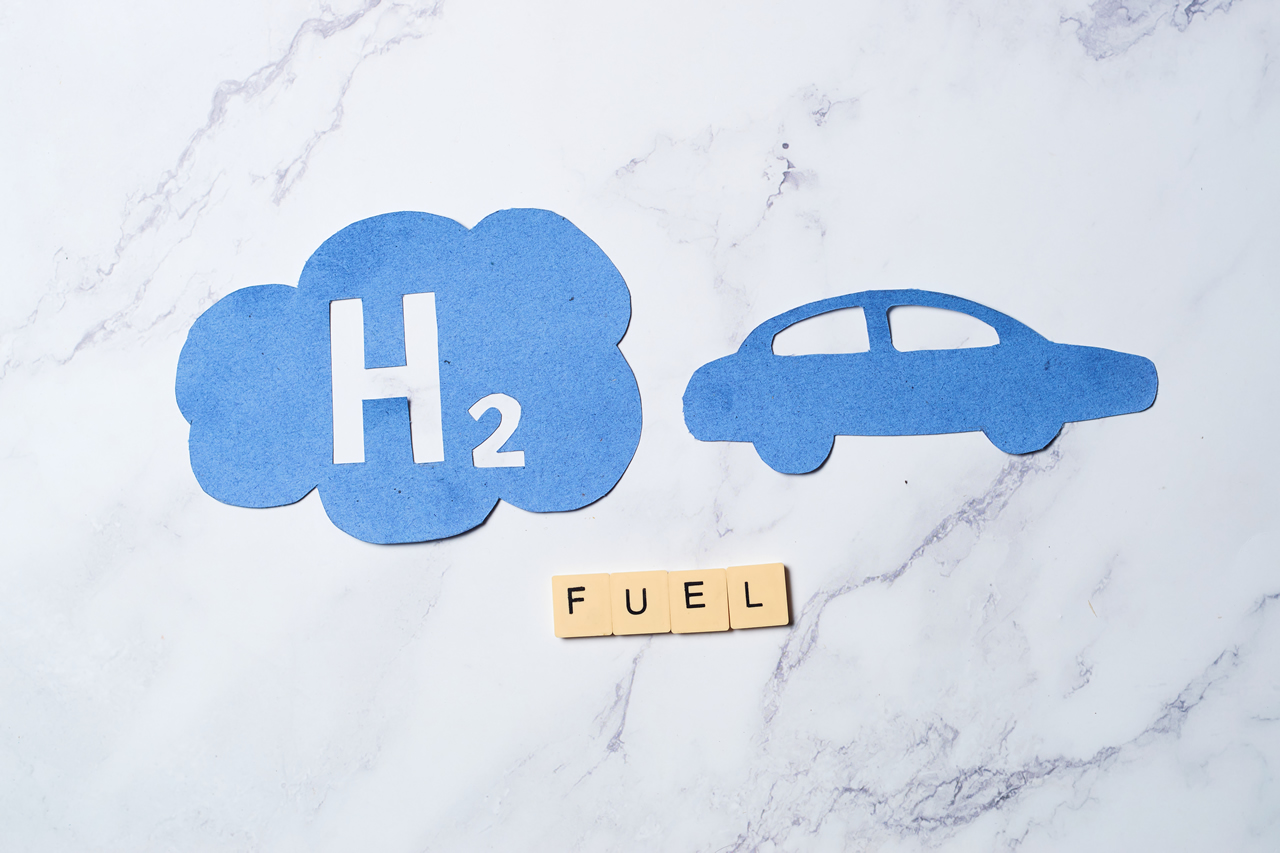As the automotive industry embraces environmental consciousness, innovative technologies have emerged to reduce harmful emissions from vehicles. One such solution is AdBlue, a fluid that plays a crucial role in minimizing nitrogen oxide emissions from diesel engines. In this article, we'll delve into the world of AdBlue, exploring its significance, how it works, and its impact on both your vehicle's performance and the environment.
Understanding AdBlue
The Essence of AdBlue
AdBlue, also known as diesel exhaust fluid (DEF), is a clear and non-toxic solution composed of urea and deionized water. It's specifically designed to break down harmful nitrogen oxides (NOx) emitted by diesel engines into harmless nitrogen and water vapor. This process occurs in the vehicle's selective catalytic reduction (SCR) system.
The SCR System
The selective catalytic reduction (SCR) system is an advanced emission control technology that uses AdBlue to reduce nitrogen oxide emissions. The system includes a catalyst that facilitates the conversion of NOx into nitrogen and water vapor, which are significantly less harmful to the environment.
The AdBlue Process
NOx Reduction
When diesel fuel is burned in an engine, high temperatures can lead to the formation of nitrogen oxides. AdBlue is injected into the exhaust stream, where it reacts with these nitrogen oxides in the presence of the SCR catalyst. This chemical reaction breaks down the NOx into harmless components, ultimately reducing the emissions expelled into the atmosphere.
Ensuring Compliance
AdBlue is not only an environmentally friendly solution but also a regulatory requirement in many regions. Strict emission standards, such as Euro 6 for Europe and EPA regulations in the United States, necessitate the use of emission reduction technologies like AdBlue to achieve compliance.
Impact on Vehicle Performance
Improved Fuel Efficiency
By reducing nitrogen oxide emissions, AdBlue-enhanced diesel engines can achieve better fuel efficiency. As the engine operates with cleaner exhaust gases, it can optimize combustion and overall performance.
Extended Engine Lifespan
The reduction of harmful emissions through the use of AdBlue contributes to a cleaner internal environment within the engine. This cleaner operation can lead to less wear and tear on components, potentially extending the lifespan of the engine.

Embracing a Greener Future
Environmental Benefits
The adoption of AdBlue technology contributes significantly to reducing air pollution and promoting cleaner air quality. By converting harmful nitrogen oxides into harmless compounds, AdBlue-equipped vehicles play a vital role in reducing smog, acid rain, and other negative environmental effects.
Consumer Responsibility
Using AdBlue is a shared responsibility between vehicle manufacturers and drivers. Vehicle owners must ensure that their AdBlue tanks are regularly filled to maintain optimal emission reduction performance.
Final Thoughts
AdBlue stands as a testament to the automotive industry's commitment to environmental sustainability. This innovative solution, which harnesses the power of chemistry to transform harmful emissions into harmless compounds, benefits both the performance of diesel engines and the health of our planet. As we move towards a greener future, AdBlue's role in reducing nitrogen oxide emissions will continue to make a positive impact on our roads and the air we breathe.
FAQs
- Where can I purchase AdBlue?
AdBlue is readily available at many automotive supply stores, service centers, and even some gas stations.
- How often do I need to refill my AdBlue tank?
The frequency of AdBlue refills depends on your vehicle's consumption and tank size. Modern vehicles typically provide notifications when the AdBlue level is low.
- Can I mix AdBlue with diesel fuel?
No, AdBlue should never be mixed with diesel fuel. They serve separate purposes within the engine.
- Is AdBlue used in gasoline engines as well?
AdBlue is primarily used in diesel engines with selective catalytic reduction (SCR) systems. Gasoline engines usually employ different emission reduction technologies.
- Does AdBlue freeze in cold temperatures?
AdBlue has a lower freezing point than water, around -11°C (12°F). To prevent freezing in extreme cold conditions, vehicles are equipped with heating systems for the AdBlue tank and lines.
For more great DYI Automotive Videos on Youtiube , You can check out Pickup Truck Plus SUV Talk channel.


